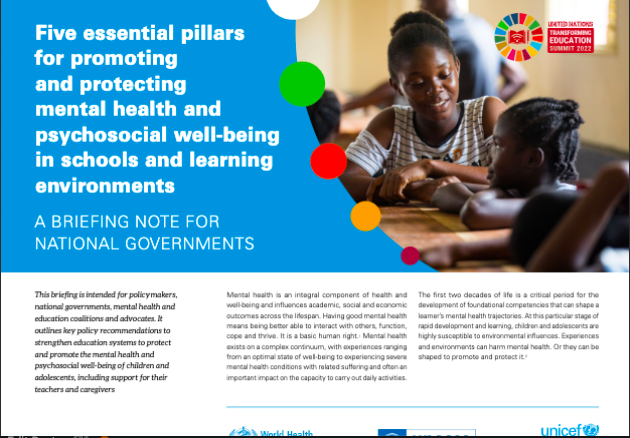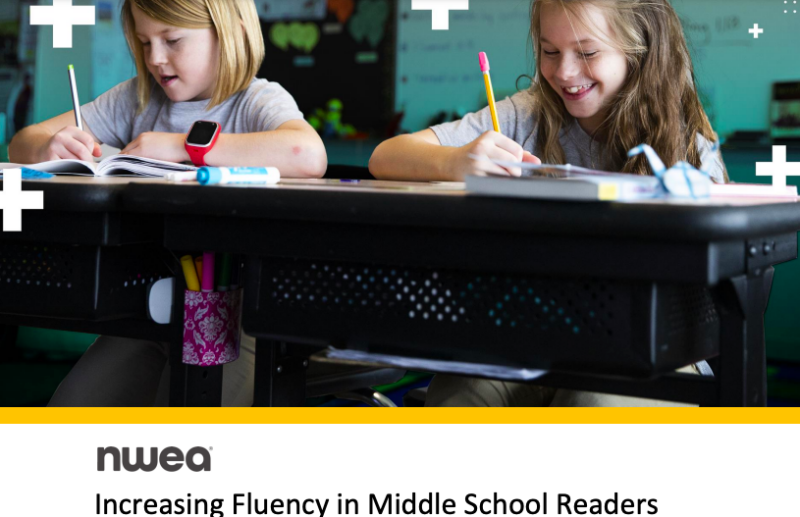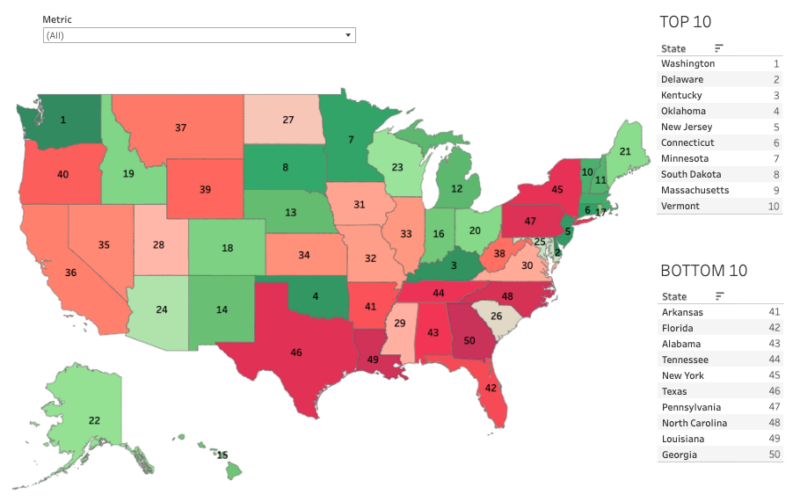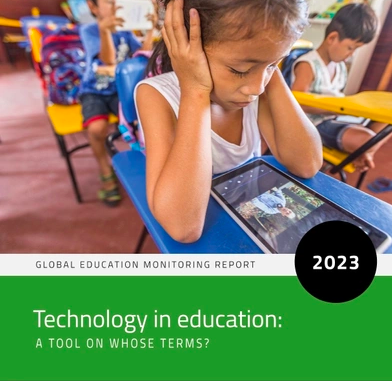2023 calculations by the UNESCO Global Education Monitoring Report reveal that fewer than 1 in 5 countries have legislation in place to prevent and act on cyberbullying in school. Some other key findings on cyberbullying show that:
*Only 16% of countries currently have adopted legislation to prevent and act on cyberbullying in school; of those, 38% did so since the COVID-19 pandemic (visit UNESCO GEM Report PEER profiles for more)
*In 2019, at least 10% of learners aged 8-10 had experienced cyberbullying in the past year, rising to 20% of learners aged 12-14 in 26 countries with data.

Cyberbullying in particular is fueled by a lack of proper policies and wide access to smartphones and other devices. The 2023 GEM Report showed that over a quarter of countries have banned smartphone use in schools, with Sweden, Türkiye, the United Kingdom, Rio and Sao Paolo (Brazil), Quebec (Canada), Kerala and Andhra Pradesh (India) and Aceh Province (Indonesia) restricting their use in schools since the UNESCO GEM Report’s release.
K-12 assessment and research organization NWEA recently released results of a yearlong study examining the effectiveness of a reading fluency intervention targeting struggling middle school readers from historically marginalized populations or those living in poverty. The study was funded by the Reading Reimagined program of the Advanced Education Research and Development Fund (AERDF, pronounced like air-diff), and provided a specific reading fluency protocol along with professional learning to sixth grade teachers in a large, urban U.S. school district in 2022-23.
The findings point to strong outcomes, including:
- Students who scored below the 50th percentile on the Capti Assess Reading Efficiency subtest demonstrated a statistically significant positive difference between the pre- and post-tests after experiencing the protocol.
- Teachers noted observing a positive impact from the protocol on students’ reading abilities, specifically for those students who previously performed below the grade-level expectations for reading.

“Reading fluency is essential for effective reading comprehension at any age, but it’s especially critical once students go from ‘learning to read’ to ‘reading to learn,” said Laura Hansen, Director of Academic Services at NWEA. “Unfortunately many students leave elementary school still not proficient in reading, and that creates a significant barrier to their ability to learn across subjects. Most middle and high school teachers are not trained in the teaching of foundational reading skills (e.g., phonemic awareness, phonics) to address this problem.”
At the center of the study was a new, easy-to-implement protocol for secondary school teachers to use to help increase reading fluency of their students. What makes the protocol easy-to-implement is that teachers can use it with text from any subject matter and do not need any training in reading pedagogy. While the study focused on grade 6, the protocol is designed for use from grade six on. The protocol leveraged Repeated Reading, as well as language strategies at the word and sentence level, and student engagement via culturally relevant passages and goal setting. Most formal reading instruction ends once students leave elementary school, but national data show that almost 70% of eighth graders are not considered proficient in reading based on 2022 test scores on the National Assessment of Educational Progress (NAEP), also known as The Nation’s Report Card. Having researched tools like the protocol featured in this study is a step forward in addressing the challenge of struggling readers past the elementary years, especially those from historically marginalized populations and/or those living in poverty.
“Reading Reimagined is urgently pursuing solutions for foundational literacy skill instruction for students in grades 3-8, who often still need, but rarely receive, ongoing direct instructional support to achieve lasting reading proficiency,” said Reading Reimagined’s Executive Director Rebecca Kockler. “NWEA’s fluency protocol is one of many tools that Reading Reimagined has already and will continue to make freely available to all educators seeking to support their students’ literacy development. We are excited to see it being used in classrooms across the country.”
Read the full report at https://www.nwea.org/resource-center/resource/increasing-fluency-in-middle-school-readers/
Results of the 2023 Safest States for High School Students report—the first national study to analyze the country’s public school safety system—provide a holistic view of school safety in the US and offer insights into which states are ensuring a safe environment for their student’s learning and personal growth.
According to Scholaroo’s new report, high school students in Washington, Delaware, and Kentucky are the safest in the school environment, due to the low rates of fights with weapons, as well as low rates of exposure to illegal drugs on school property.
On the other hand, almost all southern states are at the bottom of the list, including two northeastern states, Pennsylvania and New York, as they have the highest incidence of school shootings and high rates of sexual assault on school property.

**2023 SAFEST STATES FOR HIGH SCHOOL STUDENTS RANKING**
(In descendent order, with #1 considered the Safest)
#1 Washington
#2 Delaware
#3 Kentucky
#4 Oklahoma
#5 New Jersey
#6 Connecticut
#7 Minnesota
#8 South Dakota
#9 Massachusetts
#10 Vermont
For the complete 2023 Safest States for High School Students and further methodology, click here.
- Meet the Winners—Dr. Kellie Wilks, Chief Technology Officer, of Ector County Independent School District, TX (ECISD) - April 12, 2024
- Meet the Winners—Prince William County Public Schools (PWCS) in Manassas, Virginia wins the 2024 Community Leadership Award for Digital Equity. - April 12, 2024
- #CoSN2024 Conversation – Tom Ryan Co-Founder K-12 Strategic Technology Advisor Group (NM) - April 10, 2024

